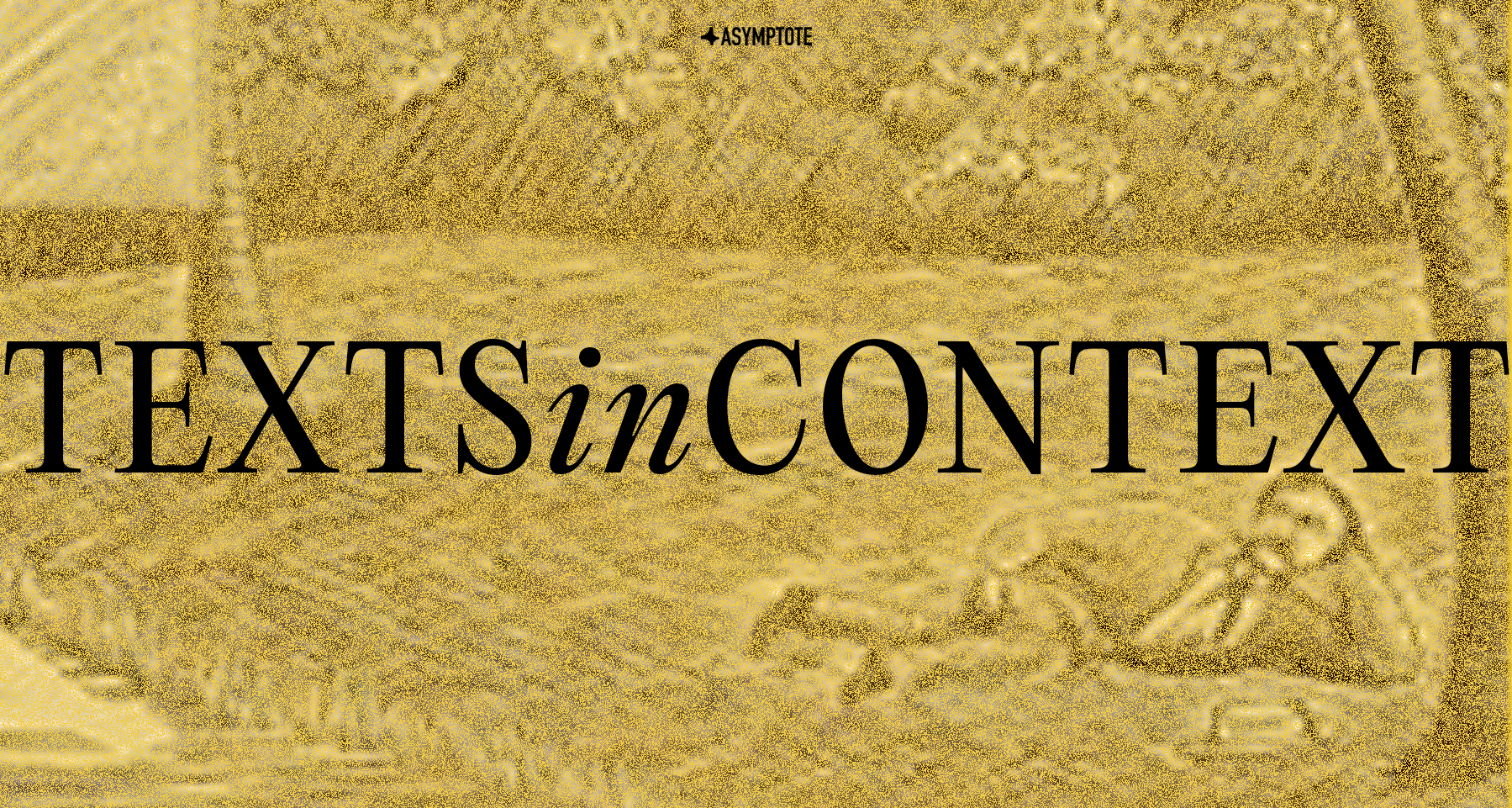This is the second edition of Texts in Context, a column in which Katarzyna Bartoszyńska seeks out academics who contribute to and elucidate the world of literary translation, revealing their deeper studies into texts both well-known and overlooked.
In the following interview, we are taking a look at the groundbreaking work of Manu Samriti Chander. His book, Brown Romantics: Poetry and Nationalism in the Global Nineteenth Century examines the international impact of Romantic poetry, and how its ideals and aesthetics were reconstrued into other national literatures and political contexts. In looking at how authors under colonialism utilized Romantic works to interrogate European dominance, Chander provides fascinating insight into how poetry and politics found themselves deeply intertwined during that tumultuous time of revolution and failed promises, and how our understanding of Romanticism must search beyond European confines.
Katarzyna Bartoszyńska (KB): Tell me about your book, Brown Romantics: Poetry and Nationalism in the Global Nineteenth Century!
Manu Samriti Chander (MC): Well, we’ve long associated British Romanticism with a relatively small group of English poets: the so-called “Big Six” of Wordsworth, Coleridge, Blake, Byron, Keats, and Shelley. Of course, Britain in the nineteenth century included colonies across the globe, where, as I show, local poets often wrote in conversation with major English writers. Figures like Henry Derozio in India, Egbert Martin in British Guiana, and Henry Lawson in Australia drew upon and sometimes pushed back against the poetries, philosophies, and politics of their English counterparts. I’m interested in what these poets’ works tell us about the limitations and possibilities of that literary movement we call “Romanticism.” What happens, I ask, when we think of Romanticism outside the relatively limited geographical and historical boundaries convention has encouraged us to draw?
KB: So, part of your argument here is that we should define Romanticism differently, and more capaciously in terms of time and place. As academics, we have some investment in these categories—such that we really have to engage the problem—but are they useful or relevant to the general public?
MC: “Romanticism” is a way of organizing texts, just like, say, alphabetizing your books or ordering them based upon the color of the spine. It’s not perfect, and it’s certainly not definitive, but it’s useful for emphasizing certain commonalities. One of the reasons I find the term interesting is that, unlike other literary categories that emphasize a particular moment in history (The Victorian Era), “Romanticism” refers to an “ism,” a set of beliefs about, for example, the relationship between the individual and society, or the privileged role of the poet in shaping the mores of a people. As an “ism,” that is, as an ideology, “Romanticism” is portable: we can track the way people were committed to (in the example I just gave) the specialness of poetry and make unexpected connections between disparate communities. I’m not sure you could say the same about books organized by color (although I’d love to read an essay about that!).
KB: Can you say a little more about how you think about this in a world literature context? It has such European roots as a category—is it also inevitably Eurocentric?
MC: Yes, I think so. One of the thinkers I draw on is the late Pascale Casanova, who has (rightly) drawn a lot of criticism for her Eurocentrism, but whom I find useful for mapping Romanticism in a global context. According to Casanova’s model of world literature, modern nations have continually struggled with (European) centers of literary dominance (especially, she argues, France) for the right to be acknowledged as literary centers. Insofar as colonial Romantics are engaging with European Romantics (and all the poets I look at are), they are doing so as both admirers and rivals of metropolitan writers. Their Romanticism—which, I should add, is just one aspect of their literary projects—has to be understand in relation to Europe. Now, other aspects of their work need not be read this way. Derozio, for instance, can be read as part of a burgeoning local literary scene in Calcutta with its own set of rivalries and alliances. Martin and Lawson, too, in their respective contexts. And there’s important work to be done on the South-South relations between these writers and their contemporaries, but, again, their Romanticism needs to be understood in relation to European cultural imperialism. READ MORE…

